Dandruff Causes, Types, Home Remedies and Treatment
Evidence Based
All the information in this blog post is accurate, trustworthy, scientifically based and has been written and fact-checked by our experts and doctors.
Our licensed nutritionists and dietitians are committed to being objective, unbiased and honest, presenting all sides of the argument.
This article includes scientific references in brackets, which are clickable links to research papers from reputable academic organizations.

Dandruff is a common scalp condition characterized by the flaking of dead skin cells from the scalp. It often results in the shedding of small, white or yellowish flakes of skin that can be noticeable on the hair and shoulders. Dandruff can be accompanied by itching and scalp irritation, though it's not usually a severe medical condition.
What are the Main Causes of Dandruff for Men?
The exact cause of dandruff is not fully understood, but it is believed to be a combination of many factors, as discussed below:
1. Malassezia:
A type of yeast-like fungus called Malassezia is found on the scalp of most adults. When it overgrows, it can lead to dandruff by causing irritation and increased shedding of skin cells.
2. Sebum (Skin Oil) Production:
An excess production of sebum, the natural oil produced by the scalp, can contribute to dandruff. This can be influenced by hormonal factors, diet, and genetics.
3. Dry Scalp:
On the other hand, a dry scalp can also lead to dandruff, as the skin may become more prone to flaking and irritation.
4. Sensitivity to Hair Care Products:
Some individuals may have sensitivities or allergies to certain hair care products, such as shampoos or conditioners, which can lead to dandruff-like symptoms.
5. Stress:
High levels of stress can exacerbate dandruff symptoms or trigger flare-ups.
6. Diet:
There is some evidence to suggest that diet may play a role in dandruff, particularly diets high in sugar and unhealthy fats.
Dandruff is usually a chronic condition that can come and go. It is not typically a serious medical concern, but it can be annoying and sometimes embarrassing.
Different Types of Dandruff:
There are different types of dandruff or scalp conditions that can lead to flaking and irritation. These variations in dandruff are often categorized based on their underlying causes or characteristics.
Here are some common types:
1. Dry Scalp Dandruff:
This type of dandruff is often the result of a dry scalp, which can be caused by factors such as cold weather, low humidity, frequent shampooing, or using harsh hair care products that strip the scalp of its natural oils. The flakes in dry scalp dandruff are usually small, white, and dry.
2. Oily Scalp Dandruff:
Excessive production of sebum (natural skin oil) on the scalp can lead to oily scalp dandruff. This type of dandruff often presents as larger, yellowish, or greasy flakes. It can be associated with conditions like seborrheic dermatitis.
3. Seborrheic Dermatitis:
This is a common and chronic skin condition that can affect not only the scalp but also other oily areas of the body, such as the face, chest, and back. It often presents as red, inflamed skin with greasy, yellowish scales. Seborrheic dermatitis can be more severe than typical dandruff and may require medical treatment.
4. Fungal Dandruff:
A yeast-like fungus called Malassezia is naturally present on the scalp. When it proliferates, it can lead to dandruff symptoms. This type of dandruff may be associated with itchiness and is often characterized by white or yellowish flakes.
5. Psoriasis:
Scalp psoriasis is a skin condition characterized by thick, scaly patches of skin on the scalp. These scales can be silvery and more adherent to the skin than typical dandruff flakes. Psoriasis is a chronic condition that often requires medical management.
6. Allergic Contact Dermatitis:
Some individuals may develop dandruff-like symptoms due to an allergic reaction to hair care products, such as shampoos, conditioners, or hair dyes. These symptoms can include flaking, itching, and redness.
7. Medical Conditions:
Certain medical conditions, such as eczema, tinea capitis (scalp ringworm), or autoimmune diseases, can also cause symptoms similar to dandruff.
It's essential to identify the underlying cause of your dandruff or scalp condition to determine the most appropriate treatment.
What are the Signs and Symptoms of Dandruff?
Dandruff can present with a variety of signs and symptoms, which can vary in severity from person to person. The most common signs and symptoms of dandruff include:
1. White or Yellowish Flakes:
The most noticeable symptom of dandruff is the presence of white or yellowish flakes of dead skin cells on the scalp and sometimes in the hair. These flakes may be small or large, depending on the severity of the condition.
2. Itching:
Dandruff is often accompanied by an itchy scalp. The itching can range from mild to intense and may be more pronounced when the scalp is dry.
3. Dry Scalp:
Some people with dandruff may have a dry scalp, which can lead to flaking and itching. However, dandruff can also occur on an oily scalp.
4. Redness and Irritation:
The scalp may appear red and irritated in some cases of dandruff, especially when there is scratching or if the condition progresses to seborrheic dermatitis.
5. Greasy or Oily Flakes:
While dandruff is commonly associated with dry flakes, in some cases, the flakes may appear greasy or oily, especially when the condition is due to an overproduction of skin oils.
6. Hair and Scalp Odor:
Dandruff can sometimes be associated with an unpleasant odor, particularly when the condition is caused by the proliferation of Malassezia fungus on the scalp.
7. Hair Thinning or Hair Loss (in severe cases):
In rare and severe cases of scalp conditions like seborrheic dermatitis, hair loss or thinning may occur. This is usually a result of prolonged inflammation and itching.
If you are unsure about the cause of your scalp issues or if your symptoms are severe and persistent, it's advisable to seek the advice of a dermatologist or healthcare professional for a proper diagnosis and appropriate treatment.
What are the Home Remedies for Dandruff?
There are several home remedies that you can try to manage and reduce dandruff. Keep in mind that the effectiveness of these remedies can vary from person to person, so you may need to experiment to find the one that works best for you.
Here are some common home remedies for dandruff:
1. Tea Tree Oil:
Tea tree oil has natural antifungal and antibacterial properties, which can help combat the fungus that may contribute to dandruff. Mix a few drops of tea tree oil with a carrier oil (such as coconut oil) and massage it into your scalp. Leave it on for about 30 minutes before shampooing.
2. Apple Cider Vinegar (ACV):
ACV can help balance the pH level of your scalp and reduce the growth of Malassezia, the yeast that can contribute to dandruff. Mix equal parts water and ACV and use it as a rinse after shampooing. Let it sit for a few minutes before rinsing thoroughly.
3. Baking Soda:
Baking soda can help exfoliate the scalp and reduce flaking. Wet your hair, then rub a handful of baking soda into your scalp, focusing on the areas with dandruff. Rinse thoroughly and shampoo as usual.
4. Aloe Vera:
Aloe vera has soothing and antimicrobial properties that can help alleviate scalp irritation and reduce dandruff. Apply pure aloe vera gel directly to your scalp, leave it on for about 30 minutes, and then rinse.
5. Coconut Oil:
Coconut oil can help moisturize the scalp and reduce dryness. Apply warm coconut oil to your scalp, massage it in, and leave it on for at least 30 minutes or overnight before washing it out.
[ Read: 5 Best Benefits of Coconut Oil for Hair Growth ]
6. Olive Oil:
Like coconut oil, olive oil can help moisturize the scalp. Warm olive oil and massage it into your scalp, then cover your head with a shower cap and leave it on for a few hours or overnight before washing it out.
[ Read: Olive Oil Benefits for Hair Growth ]
7. Lemon Juice:
Lemon juice has acidic properties that can help balance the scalp's pH and reduce dandruff. Mix fresh lemon juice with water and apply it to your scalp. Leave it on for 5-10 minutes, then rinse thoroughly.
8. Fenugreek Seeds:
Soak fenugreek seeds in water overnight, then blend them into a paste. Apply the paste to your scalp and leave it on for about 30 minutes before rinsing.
9. Neem (Indian Lilac):
Neem has antifungal and antibacterial properties. Boil neem leaves in water, strain the solution, and use it as a rinse after shampooing.
9. Reduce Stress:
Stress can exacerbate dandruff symptoms. Engage in stress-reduction techniques like yoga, meditation, or deep breathing exercises.
Remember that consistency is key when using home remedies for dandruff. You may need to use these remedies regularly over several weeks to see noticeable improvement. If your dandruff persists or worsens despite home treatment, or if you experience severe itching, redness, or other concerning symptoms, consult a dermatologist for a proper diagnosis and treatment plan.
Best Treatment for Dandruff:
Dandruff can usually be managed and treated effectively. The choice of treatment may depend on the severity of your dandruff and your specific needs.
Here are some common treatments for dandruff:
1. Anti-Dandruff Lotion + Shampoos:
There are several types of anti-dandruff lotion + shampoos available, each containing different active ingredients. Some common options include:
- Zinc Pyrithione Shampoos: These shampoos help reduce the growth of yeast (Malassezia) on the scalp, which can contribute to dandruff.
- Climbazole / Ketoconazole Shampoos: Ketoconazole is an antifungal medication that can effectively treat dandruff caused by a fungal infection.
- Salicylic Acid Shampoos: Salicylic acid helps exfoliate the scalp, reducing the accumulation of dead skin cells.
- Selenium Sulfide Shampoos: These shampoos slow down the growth of skin cells on the scalp and reduce dandruff.
- Tar-based Shampoos: Coal tar shampoos can help slow skin cell turnover and reduce itching and flaking.
Using a Lotion & shampoo having many of the above ingredients is a good option.
2. Use of Shampoo Properly:
When using an anti-dandruff shampoo, follow the instructions on the label. If the lotion is being used- It has to be applied on the scalp and left overnight and washed off with shampoo next day morning. Typically, you'll need to apply the shampoo to wet hair, massage it into the scalp, and leave it on for a few minutes before rinsing thoroughly.
3. Regular Shampooing:
Shampoo your hair regularly to keep the scalp clean and prevent the build up of oil and dead skin cells.
4. Avoiding Hot Water:
Hot water can strip the scalp of natural oils, leading to dryness. Use lukewarm water when washing your hair.
5. Limit Use of Hair Products:
Some hair products, such as hair sprays, gels, and mousses, can contribute to dandruff. Use these products sparingly or choose ones labelled as non-comedogenic.
6. Stress Management:
High stress levels can exacerbate dandruff symptoms. Engaging in stress-reduction techniques like meditation, yoga, or deep breathing exercises may help.
7. Balanced Diet:
Eating a balanced diet rich in vitamins and minerals can promote scalp health. Omega-3 fatty acids found in fatty fish like salmon can also help.
8. Scalp Massage:
Gentle scalp massages can improve blood circulation to the scalp and help reduce dandruff.
9. If OTC Treatments Don't Work:
If your dandruff persists or worsens despite OTC treatments and home remedies, or if you experience severe itching, redness, or other concerning symptoms, consult a dermatologist or healthcare professional. They may recommend prescription-strength shampoos or other treatments tailored to your specific condition ( Ex: Psoriasis, etc.)
It's important to note that dandruff can be a chronic condition, and while it can often be managed effectively, it may periodically return. Consistency in your chosen treatment and good scalp hygiene can help keep dandruff under control.
Also Read the Articles:
Disclaimer: The information provided on this page is not a substitute for professional medical advice, diagnosis, or treatment. If you have any questions or concerns about your health, please talk to a healthcare professional.

 Evidence Based
Evidence Based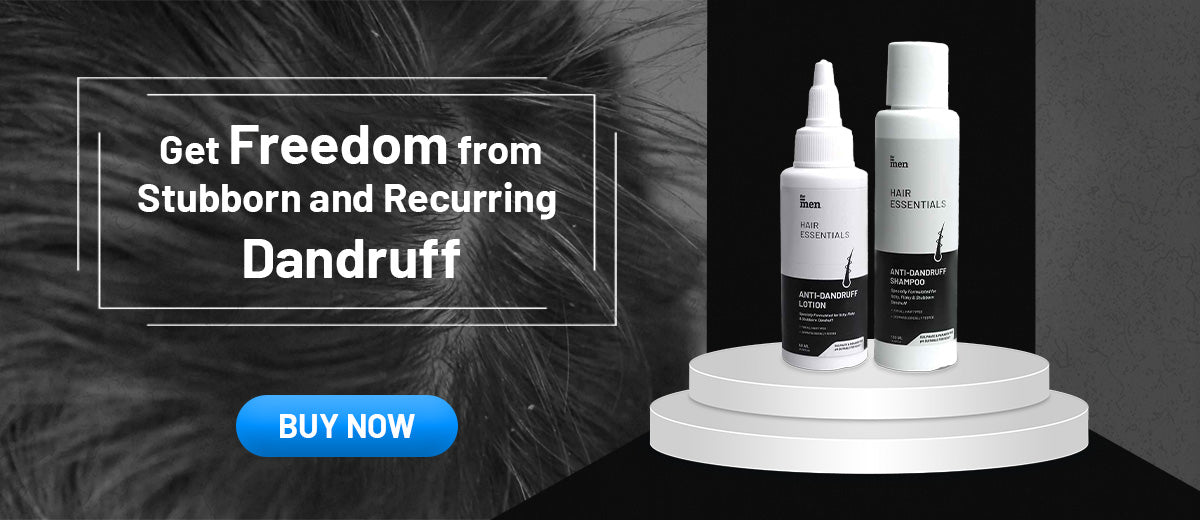
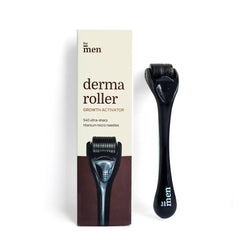
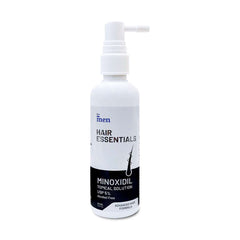
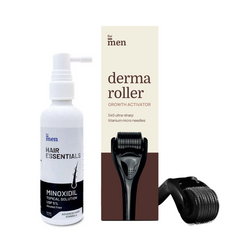
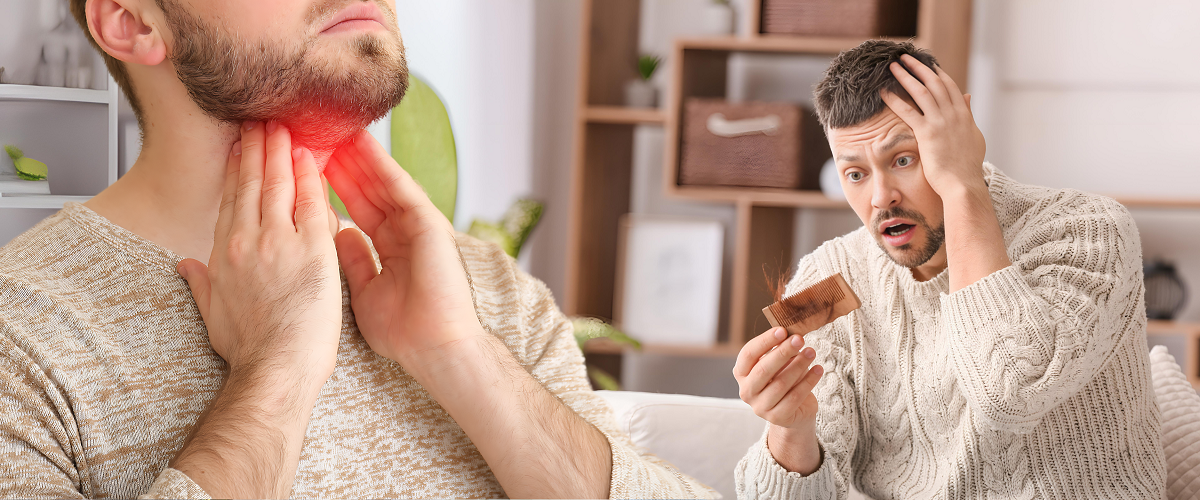
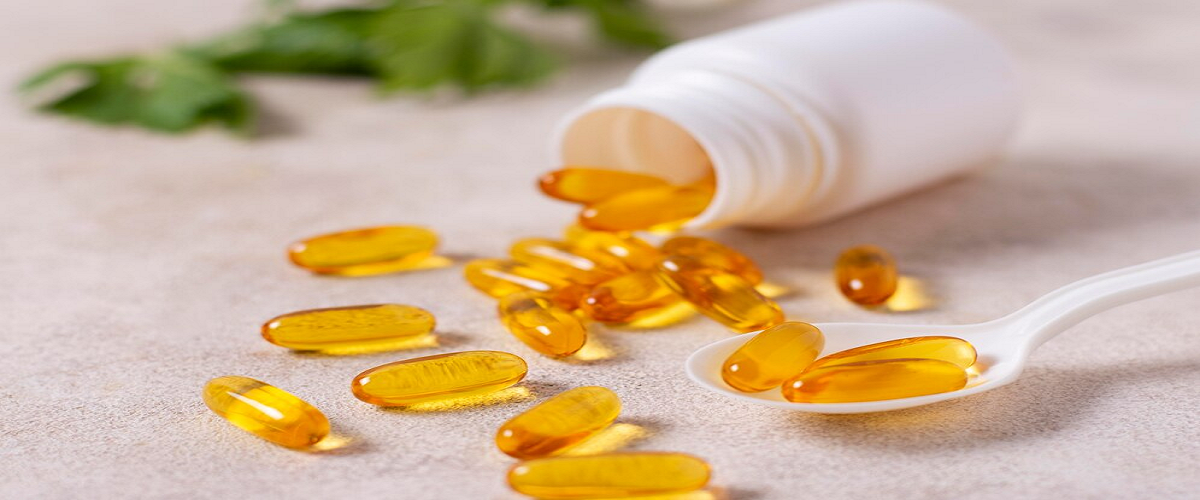
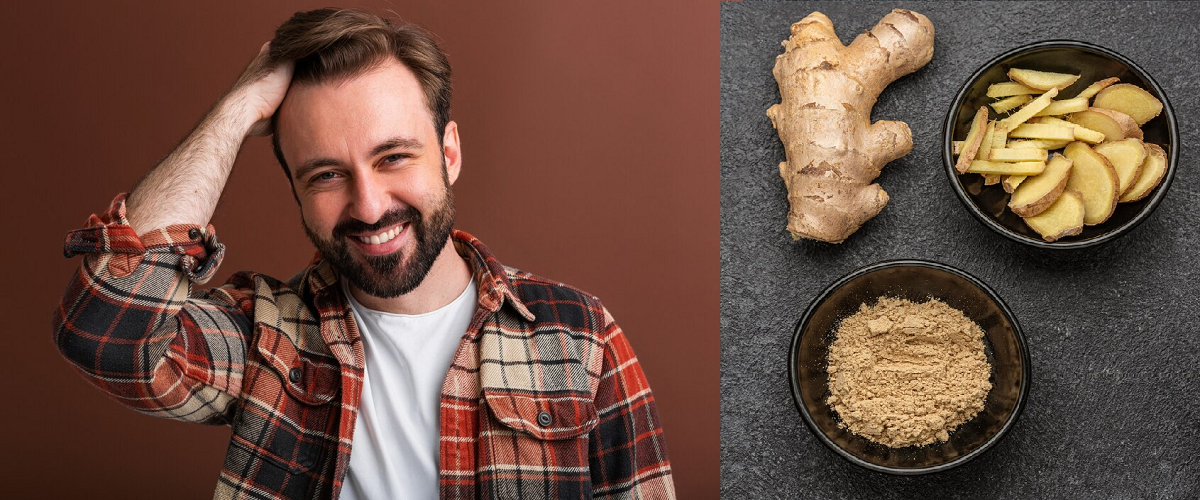
Leave a comment